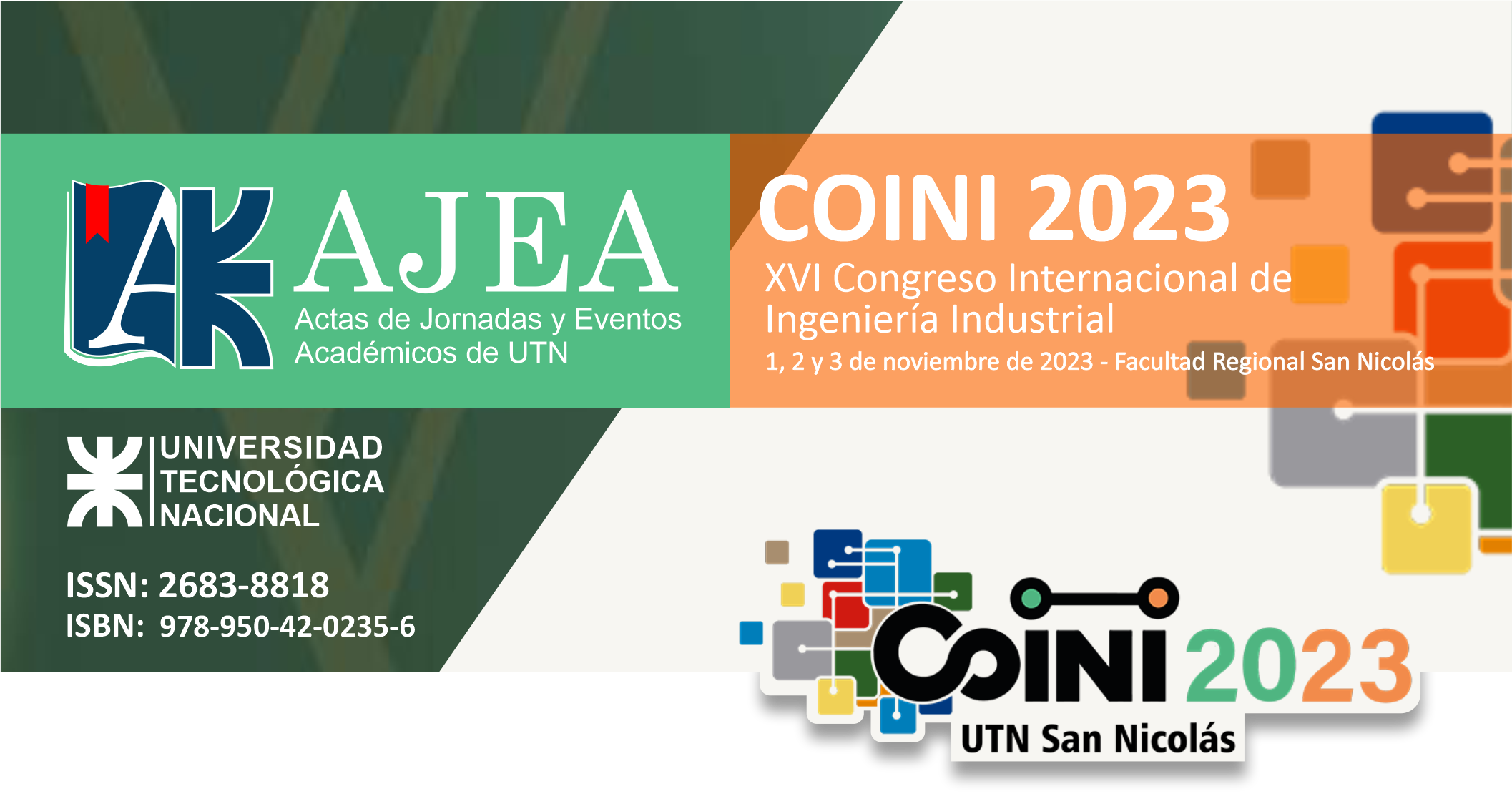REPRODUCTABLE SCIENCE AND POST-COVID19 ITS IMPACT ON THE ACCREDITATION OF INDUSTRIAL ENGINEERING
Keywords:
A manifesto for reproducible science, Post-CovidAbstract
After the pandemic, the exercise of a good practice in the field of research transfer from the academy called "Reproducible Science" (CR hereinafter) has emerged in Latin America. Its purpose is to bring research closer to the company and the public sector, understanding this trinomial as the basis of the triple helix model (also known as the Sábato model).
Throughout this work, the results of a cross-sectional study carried out in Colombia, Ecuador, Peru, Chile, Bolivia, Paraguay and Northern Brazil on the implementation of educational quality assurance offices for the accreditation processes of education industrial engineering careers is presented..
Finally, the consequences of CR on the impact on the reputation of the researcher and the transfer of the same to the institution (university) to which he belongs (double impact) is examined.
The use of tools and templates for dissertations, articles, journals and conferences that guarantee double impact with h-index and altmetrics are also detailed. Finally, witness cases and good practices are shown that have already had significant improvements in their relationship with companies and the local public sector (municipalities) in our region.
Downloads
Metrics
Downloads
Published
How to Cite
Conference Proceedings Volume
Section
License
Copyright (c) 2024 Ricardo R. Palma, Gustavo A. Masera

This work is licensed under a Creative Commons Attribution-NonCommercial 4.0 International License.










